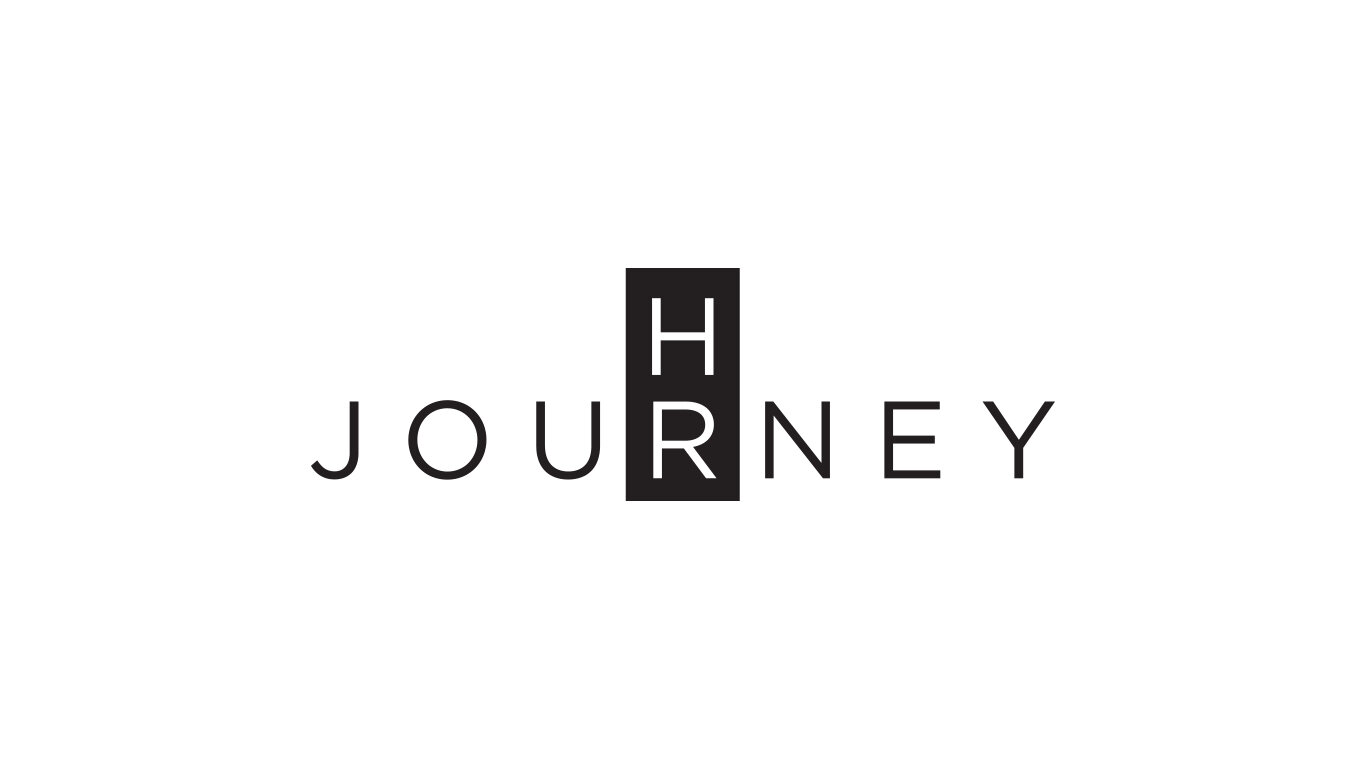The silver linings of the pandemic
The Covid-19 pandemic has seen HR face new and unprecedented challenges as businesses scrambled to comply with an onslaught of government restrictions. But, amid the disruption, the crisis has also driven the greatest workplace transformation of recent years. HR leaders have been given a unique opportunity to implement positive change and we have witnessed organisations across all sectors making significant strides to build happier, more inclusive and progressive workplaces.
Mentorship
The events of the past year have reinforced what successful businesses have long known- that people are a business’ greatest asset.
Organisations that invest in their people’s growth and development reap the rewards of a more engaged and productive workforce and central to this is a mentoring culture. When employees are actively encouraged to focus on their own development, explore new possibilities and learn new skills, they feel valued by the business. In fact, research has shown that 79% of millennials see mentoring as crucial to their career success.
And after what has been an incredibly challenging and isolating year, the importance of human connection – someone to share challenges, experiences and feelings with – cannot be understated.
We’ve seen some great examples of mentoring programmes emerge recently. In April, Mr Porter announced a year-long design and business mentorship programme, which aims to nurture talent from outside the fashion industry. It follows a similar mentorship scheme from The British Fashion Council, designed to empower young people from all backgrounds to get involved in creative industries.
Schemes such as these can go a really long way in helping to break down barriers and encourage greater diversity and inclusion.
Last year I became a member of Media For All, an organisation set up to help recruit and retain Black, Asian and ethnic talent in the media industry. In April 112 mentees were matched to mentors – testament to the progress that is being made within the sector to build more diverse and inclusive support systems.
Paternity leave
In 2019, it was reported that less than one in three new fathers take paternity leave. In contrast, the number of women taking maternity leave is on the rise.
Despite evidence showing that positive and meaningful interaction between fathers and children in the first few months of life can have a beneficial impact on a child’s development, there has long been a deep disparity between men and women when it comes to parental leave and childcare responsibilities.
A survey by Zurich found that of those who didn’t take statutory paternity leave, nearly half (45%) said they couldn’t afford the drop in pay. Of those who did take leave, 40% said they did not feel they had spent enough time with their new family.
However, the tide is thankfully turning, with a number of large organisations including Zurich, Aviva, Twitter, ITB and Goldman Sachs flying the flag for fathers with more generous paternity leave.
Managing director of ITB Matthew Pitcher is a prime example of the headway being made, with his recent announcement that he would be taking six months off as part of the firm’s shared paternity leave package, enabling his wife to return to her job.
The pandemic has highlighted the importance of employee wellbeing and it’s encouraging to see so many organisations place greater value on family and a healthy work/life balance. By enhancing paternity leave, employers are paving the way for a more level playing field between men and women in the future, which will have countless social and economic benefits.
Child bereavement / miscarriage
In April, New Zealand’s parliament unanimously voted to pass legislation to gives couples who suffer a miscarriage or stillbirth three days of paid leave, sparking a much-needed conversation around the need for greater recognition of child bereavement, stillbirth and miscarriage.
The UK currently has no legal provision in place for those who miscarry, with employees at the mercy of their employer.
However, with as many as one in four pregnancies ending in miscarriage, it’s vital that workplaces offer support to their employees to help their physical and mental wellbeing.
At JourneyHR, we have a child bereavement and miscarriage policy in place to help alleviate the financial burden during an already-difficult time. If an employee loses a child under the age of 18, JourneyHR offers one month’s leave at full pay, rather than the statutory two-week parental bereavement leave.
For employees who suffer a miscarriage before 24 weeks of pregnancy, JourneyHR also offers one month’s full paid leave, while employees who suffer a stillbirth or neonatal death after 24 weeks will be entitled to an extra month’s paid leave in addition to their maternity pay.
The great news is, we’re not alone. Creative agencies Lucky Generals and Creature London have also implemented miscarriage policies and in April, Channel 4 launched its first dedicated pregnancy loss policy covering miscarriage, stillbirth and abortion. In addition to two weeks’ paid leave, the broadcaster offers employees paid leave for medical appointments, flexible working, access to counselling as well as a buddying arrangement between the employee and someone who is specially trained in pregnancy loss.
A child bereavement / miscarriage policy not only supports those going through these tragic events but helps to raise awareness. With more organisations recognising the emotional and physical impact upon their employees, we are moving toward a time when such policies will no longer be niche, but the norm.
Menopause policy
Menopausal women are the fastest growing workforce demographic, yet menopause has – up until now – remained somewhat of a taboo subject.
Nearly two thirds of women who experienced menopause symptoms said it impacted them at work, however, 50% felt there is a stigma around talking about the menopause.
But change is happening. We are seeing a growing number of organisations seeking to change the narrative by raising awareness around the symptoms and impact of menopause on women.
In 2019, Channel 4 launched the UK media industry’s first dedicated menopause policy, including paid sick leave, flexible working, adjustments to an employee’s working environment and medical support.
More recently, Publicis Groupe UK developed a new policy to help lessen the impact of menopause on staff, including training to raise awareness and educate employees about the menopause.
Menopause is a natural rite of passage for women and it’s fantastic to see that organisations are not just acknowledging but actively seeking to break down the stigma surrounding it. Supporting women through the menopause will enhance their physical and mental wellbeing as well as ensure they continue to progress their career without fear of judgement.
Greater flexibility
Remote working may have been foisted upon businesses with little warning when Covid-19 first hit, but the success of the past year has seen a growing number of organisations and employees embrace more flexible ways of working.
With the government’s work from home guidance set to formally end in England on 21 June, we are seeing a number of companies we work with choosing to give employees more time to make that transition, particularly with the summer period often dominated by school holidays and childcare.
There is also much more recognition and understanding of a healthy work-life balance across all sectors, with over two-thirds of organisations planning a hybrid working model. Large organisations including BP, WPP, KPMG and PriceWaterhouseCooper have all announced that their new working models will include a mix of in-office and homeworking, while earlier this year, Spotify announced its Work From Anywhere initiative, enabling employees to work from wherever they want in the world to support a better work-life balance.
Not only does flexibility meet evolving employee needs, but it creates a culture of greater trust and loyalty with 72% of employers noting that remote working has a high impact on employee retention. In short, this fundamental re-shaping of the way we work has benefits for all of us.
The past year has undoubtedly been testing in ways we could never have imagined, but as we emerge from the pandemic we are seeing brilliant examples of organisations strive for better, more adaptive and flexible business models. In doing so, they will build cultures that are more inclusive, more supportive and more accepting of our individuality and unique circumstances. Of course, there is always room to do more and the drive for HR to continue to learn and evolve is not over but it’s fair to say we have made some great strides so far.
“The events of the past year have reinforced what successful businesses have long known- that people are a business’ greatest asset. ”

